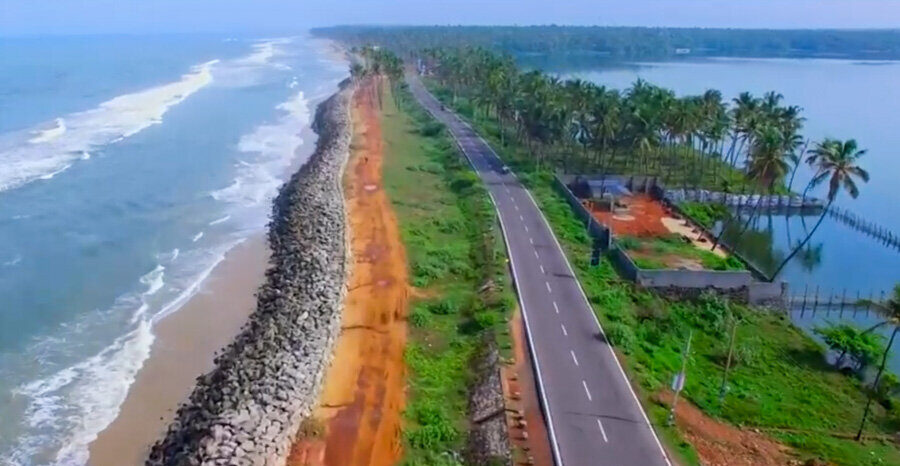Introduction
Filming in India has become increasingly popular among international filmmakers due to its diverse landscapes and rich cultural heritage. This article delves into the benefits and challenges of filming in India, covering logistics, cultural differences, and indigenous filming techniques that are gaining recognition at major film festivals like Cannes and the Oscars.
Benefits of Filming in India
Diverse Locations
India offers an impressive range of filming locations. From bustling cities to serene rural areas, filmmakers can find settings that enhance their stories. The country’s varied geography includes historic monuments, modern urban landscapes, and picturesque natural scenery.
Cost-Effectiveness
Filming in India can be significantly more cost-effective compared to Western countries. The lower costs of locations, labor, and equipment make it an attractive option for budget-conscious projects without compromising quality.

Rich Cultural Elements
Integrating Indian culture into global films adds authenticity and depth. The unique traditions, festivals, and architectural styles provide a fresh perspective that can captivate international audiences.
Challenges of Filming in India
Logistical Hurdles
Navigating India’s diverse geography presents logistical challenges. Filmmakers must manage transportation, equipment setup, and crew coordination across varied locations. Careful planning is essential to address these issues.
Cultural Sensitivity
Respecting and understanding local customs is crucial when filming in India. Filmmakers must avoid cultural misrepresentation and work with local experts to ensure respectful and accurate portrayals.
Regulatory Compliance
India’s complex regulatory environment requires filmmakers to secure various permits and adhere to local laws. This process can be time-consuming and requires coordination with multiple authorities.
Indigenous Filming Techniques Gaining Global Recognition
Innovative Cinematography
Indian filmmakers are known for their distinctive cinematography techniques. Dynamic camera angles, vibrant color schemes, and unique visual styles are increasingly noticed at prestigious film events like Cannes and the Oscars.
Traditional Storytelling Methods
India’s traditional storytelling techniques, including folklore and mythology, offer rich narrative depth. These methods enhance the film’s cultural authenticity and are being appreciated by global audiences.
OTT Influence
The rise of OTT platforms has set new standards for content quality. Filming in India now aligns with these high standards, producing content that meets global expectations for quality and storytelling.

What to Expect from Indian Film Productions
High-Quality Production Values
Filming in India now involves high production values, including advanced technology and skilled professionals. This focus on quality enhances the overall cinematic experience.
Diverse Talent Pool
India boasts a diverse pool of talent, including experienced actors, directors, and technicians. This variety enriches film productions, offering a range of performances and creative inputs.
Cultural Integration
Integrating Indian culture into films adds authenticity and depth. Collaborating with local artists, musicians, and cultural experts ensures a genuine representation of Indian traditions and customs.
Case Studies of Successful Productions in India
Case Study 1: “Slumdog Millionaire”
“Slumdog Millionaire” is a notable example of filming in India that achieved global acclaim. The film showcased Mumbai’s vibrant life and won several Oscars, highlighting India’s appeal as a filming destination.
Case Study 2: “The Lunchbox”
“The Lunchbox” is another successful cross-cultural film. It blends Indian culture with universal themes, demonstrating the potential of filming in India for international audiences and festivals.
Best Practices for Filming in India
Early Planning and Research
Effective filming in India requires thorough planning and research. Understanding local conditions, cultural norms, and logistical needs helps in avoiding potential challenges.
Collaborating with Local Experts
Partnering with local experts and production companies facilitates smoother operations. Their knowledge of local regulations and resources is invaluable for a successful shoot.
Embracing Local Culture
Respecting and incorporating local culture enhances the film’s authenticity. Engaging with cultural advisors ensures accurate and respectful portrayals.
Adapting to Technological Advancements
Staying updated with technological advancements is crucial. Indian filmmakers are adopting cutting-edge technology to meet global standards and improve production quality.
Conclusion
Filming in India offers numerous benefits, from diverse locations to cost-effectiveness. However, it also presents challenges such as logistical issues and cultural sensitivity. By understanding and navigating these aspects, filmmakers can create high-quality content that resonates on a global scale. Embracing India’s unique filming techniques and cultural richness can lead to successful international projects recognized at major film festivals.
